Food waste is a global problem, and it often stems from confusion about the “use-by,” “sell-by,” and “best-before” dates on food packaging. Misunderstanding these labels can lead to unnecessary disposal of perfectly edible food.
In this article, we’re focusing on chicken – a staple in many diets but a product that frequently raises questions regarding its freshness and safety. Here, we’ll debunk myths, provide research-backed information, and offer practical guidance on how long chicken remains safe after its sell-by date.
We all are familiar with the situation: you find a package of chicken in the back of your fridge, only to see that the sell-by date has passed. A pang of doubt seizes you. Is it still good? Or will you risk food poisoning by using it? Don’t fret! This comprehensive guide will give you the answers you need.
Understanding the Sell-By Date
Firstly, it’s essential to clarify what a “sell-by” date is. This date, commonly found on perishable products like chicken, is intended for retailers, not consumers. It helps stores manage their inventory and ensure the product’s quality on the shelf.
But does the sell-by date dictate when you should consume the chicken?
Not necessarily. According to research conducted by the Natural Resources Defense Council, the sell-by date is not a safety date, and foods are generally safe to eat after this date passes. It’s worth noting that quality might start to deteriorate, but it does not imply that the chicken is spoiled or unsafe.
However, the length of time chicken remains good after the sell-by date can depend on various factors. These include how the chicken was stored, whether it was packaged properly, and the specific type of chicken product.
Chicken Shelf-Life: Whole Chicken vs. Chicken Pieces vs. Ground Chicken
Before diving into the specifics, it’s important to know that not all chicken products have the same shelf life. The longevity of chicken can vary depending on whether it’s a whole chicken, chicken pieces (like breasts or thighs), or ground chicken.
A study from the USDA reveals that whole chickens typically last longer than cut-up pieces or ground chicken. This is due to the processing and handling that cut-up and ground chicken undergo, which can introduce bacteria and accelerate spoilage. Here’s a comparison table to illustrate this:
[table id=248 /]
While these figures provide a guideline, always remember the golden rule of food safety: “When in doubt, throw it out.”
The Art of Storing Chicken Safely at Home
When it comes to storing chicken at home, doing it right is a non-negotiable necessity. Proper storage not only preserves the taste and quality of your chicken, but it’s also a crucial step in preventing foodborne illnesses. Here are some key guidelines for correctly storing chicken at home.
Raw Chicken
When you bring the raw chicken home from the store, it’s essential to refrigerate or freeze it as soon as possible to slow the growth of harmful bacteria. The temperature in your refrigerator should be set at 40°F (4°C) or lower, and your freezer should be at 0°F (-18°C) or lower.
If you plan to cook the chicken within one to two days, you can store it in its original packaging in the refrigerator. However, if the chicken won’t be used within this time frame, it’s best to freeze it. When freezing chicken, consider repackaging it in freezer bags or wrapping it tightly in aluminum foil to prevent freezer burn.
Cooked Chicken
Storing cooked chicken properly is just as important. Once cooked, the chicken should be cooled at room temperature for no more than two hours before being refrigerated. This limits the time it spends in the ‘danger zone’ temperature range (40°F – 140°F), where bacteria can multiply rapidly.
Store cooked chicken in airtight containers or wrap it tightly in aluminum foil or plastic wrap. Cooked chicken can be kept safely in the refrigerator for 3-4 days. If you can’t consume it within this time frame, consider freezing it.
Chicken in the Freezer
Frozen chicken can last a long time but should be used within 9 months (for whole chicken) or 9 months (for chicken pieces) to maintain the best quality. Ground chicken should be used within 3-4 months. It’s helpful to label the chicken with the date it was frozen to keep track.
To defrost frozen chicken, move it to the refrigerator and let it defrost slowly. This can take 24 hours for a whole chicken and around 5 hours per pound for chicken parts. Never defrost chicken at room temperature, as it allows the outside to reach unsafe temperatures while the inside is still thawing.
Remember, when reheating chicken, ensure it reaches an internal temperature of at least 165°F (74°C) to kill any potential bacteria.
The proper storage of chicken requires a commitment to temperature control, prompt refrigeration or freezing, and safe defrosting practices. By adhering to these guidelines, you can ensure your chicken remains safe, tasty, and of the highest quality possible.
Checking the Freshness of Chicken
Now, knowing the shelf life of chicken products can be extremely helpful. However, you shouldn’t rely solely on dates. Here’s a checklist to determine the freshness of your chicken beyond the sell-by date:
- Smell: Fresh chicken has a mild or neutral smell. If it starts to give off a sour or rotten smell, it’s probably spoiled.
- Texture: Fresh chicken is firm to the touch. If it feels slimy or tacky, it’s a sign of spoilage.
- Color: Chicken should have a pink hue when fresh. If it looks gray or has a green or purple tint, it’s time to discard it.
If your chicken passes all these checks, it’s likely safe to eat. But remember, these are supplementary to proper storage and handling, not replacements.
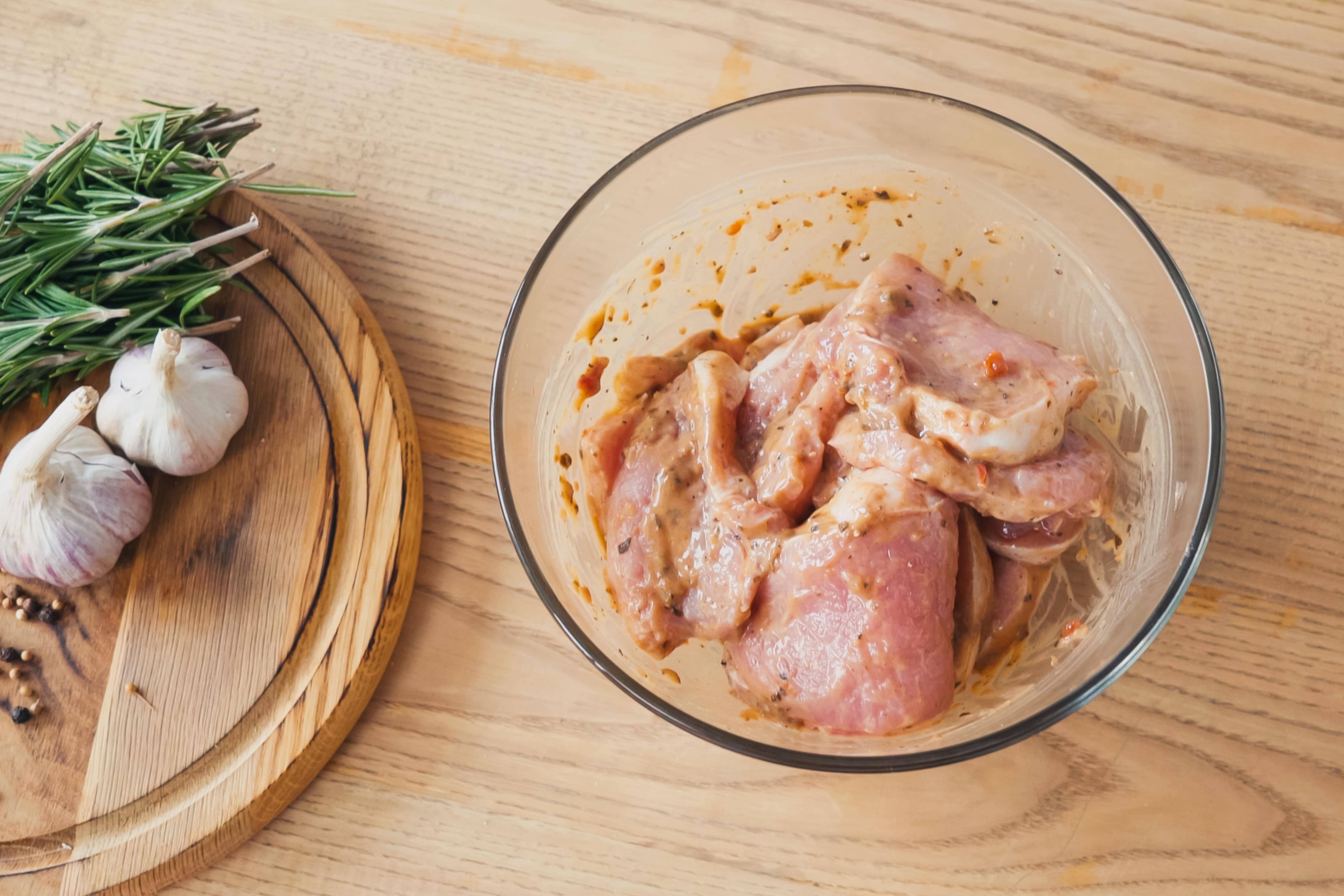
How to Tell Your Chicken Is Spoiled?
Identifying spoiled chicken is an essential skill to prevent foodborne illnesses. While sell-by, use-by, and best-before dates provide some guidance, they are not foolproof. There are more direct ways to determine whether your chicken has spoiled.
By paying attention to the chicken’s smell, texture, and color, you can make an informed judgment about its safety. Here is a more detailed explanation of the signs that chicken has spoiled:
- Smell: Fresh chicken usually has a mild or even faint odor. If your chicken smells excessively foul and sour or smells like sulfur, ammonia, or bleach, it’s a clear sign that it has spoiled. Bacteria that cause spoilage produce these smells as they break down the chicken.
- Texture: When you touch fresh chicken, it should feel plump and firm. If it feels slimy or sticky, even after washing, this is a sign of bacterial activity and a clear indication that your chicken has spoiled. Always wash your hands after handling raw chicken to avoid cross-contamination.
- Color: Fresh chicken usually has a glossy pink, fleshy hue. Over time, as chicken spoils, it can start to look dull, with patches of gray, greenish-blue, or even purplish tints. These color changes indicate that the chicken is past its prime and should not be consumed.
Remember, if you’re in any doubt about the freshness of your chicken, it’s always safest to err on the side of caution. The old adage, “When in doubt, throw it out,” really does apply when it comes to food safety.
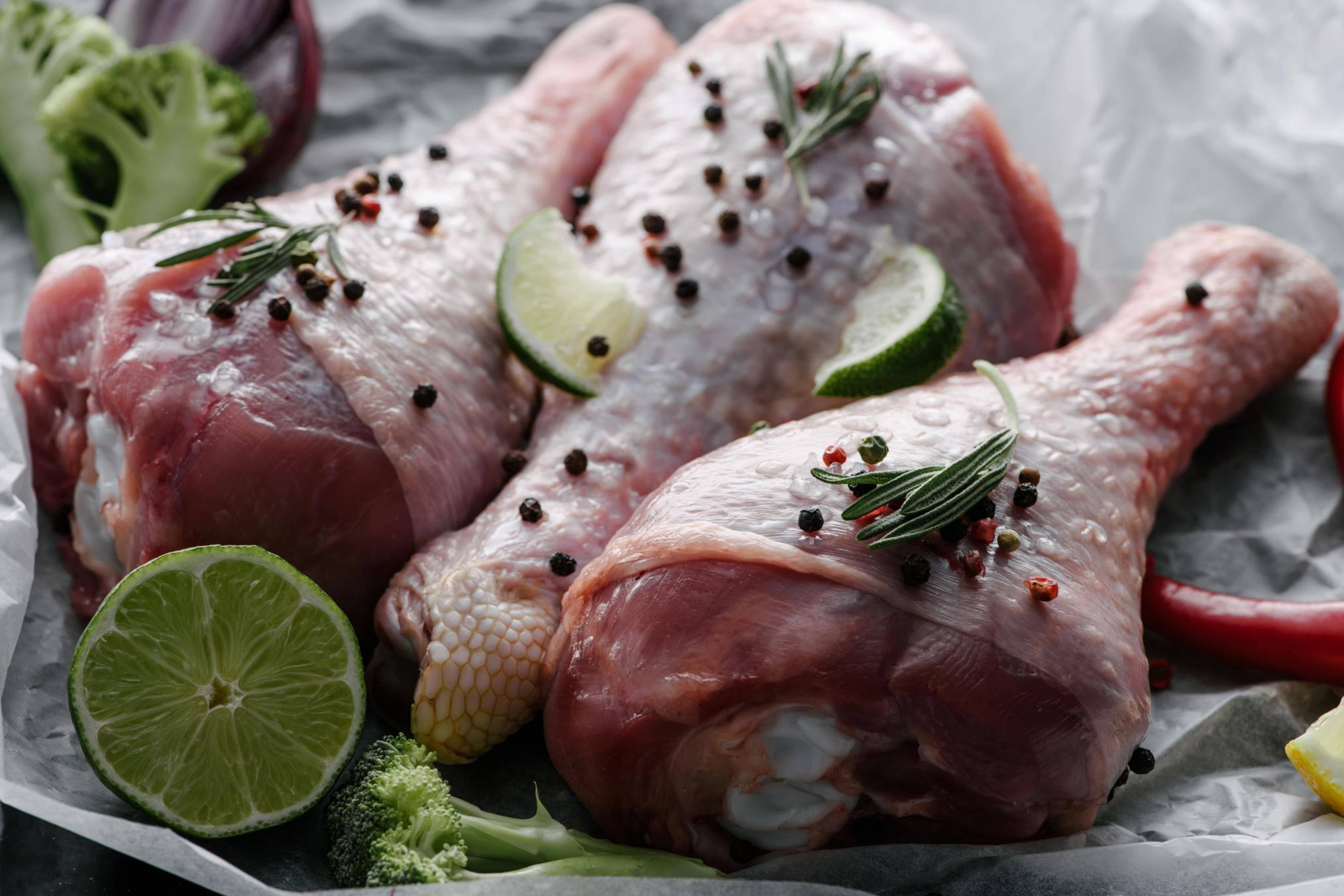
Proper Storage and Handling of Chicken
Proper storage and handling can significantly extend the shelf life of a chicken. Ensuring that your chicken is correctly stored at the right temperatures is crucial in preventing the growth of harmful bacteria that could lead to foodborne illness. Here are the key pointers for proper chicken storage and handling:
- Store raw chicken in the coldest part of your refrigerator and use it within one to two days past the sell-by date.
- If you want to store it longer, freeze it. Frozen chicken maintains its quality for months, although its taste and texture might gradually degrade.
- Never leave raw chicken at room temperature for more than two hours. The “danger zone” (40°F – 140°F) is where bacteria growth rapidly accelerates.
- Always handle raw chicken with clean hands and utensils to prevent cross-contamination.
Implementing these practices will ensure your chicken stays fresher for longer and remains safe to consume.
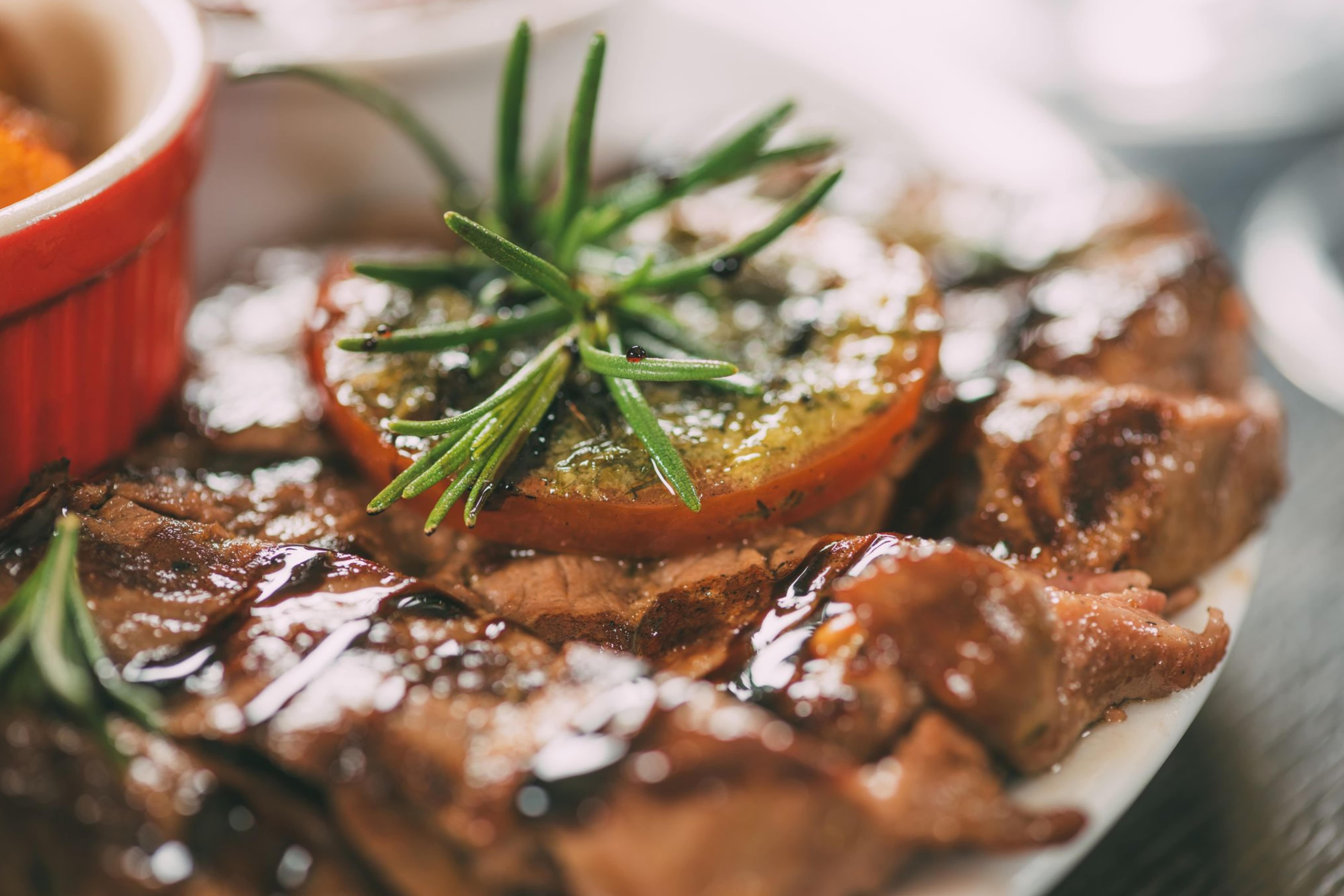
The Risks of Consuming Expired or Spoiled Chicken
Making the mistake of consuming spoiled or expired chicken can have severe consequences, primarily due to foodborne illnesses such as Salmonella or Campylobacter infections. These bacteria are commonly associated with raw or undercooked poultry and can survive if the chicken is not cooked to the correct temperature.
When you eat contaminated chicken, these bacteria can invade your gastrointestinal tract, causing an infection. In turn, this triggers a series of unpleasant symptoms known as food poisoning. If you’re wondering what happens to your body when this occurs, read on.
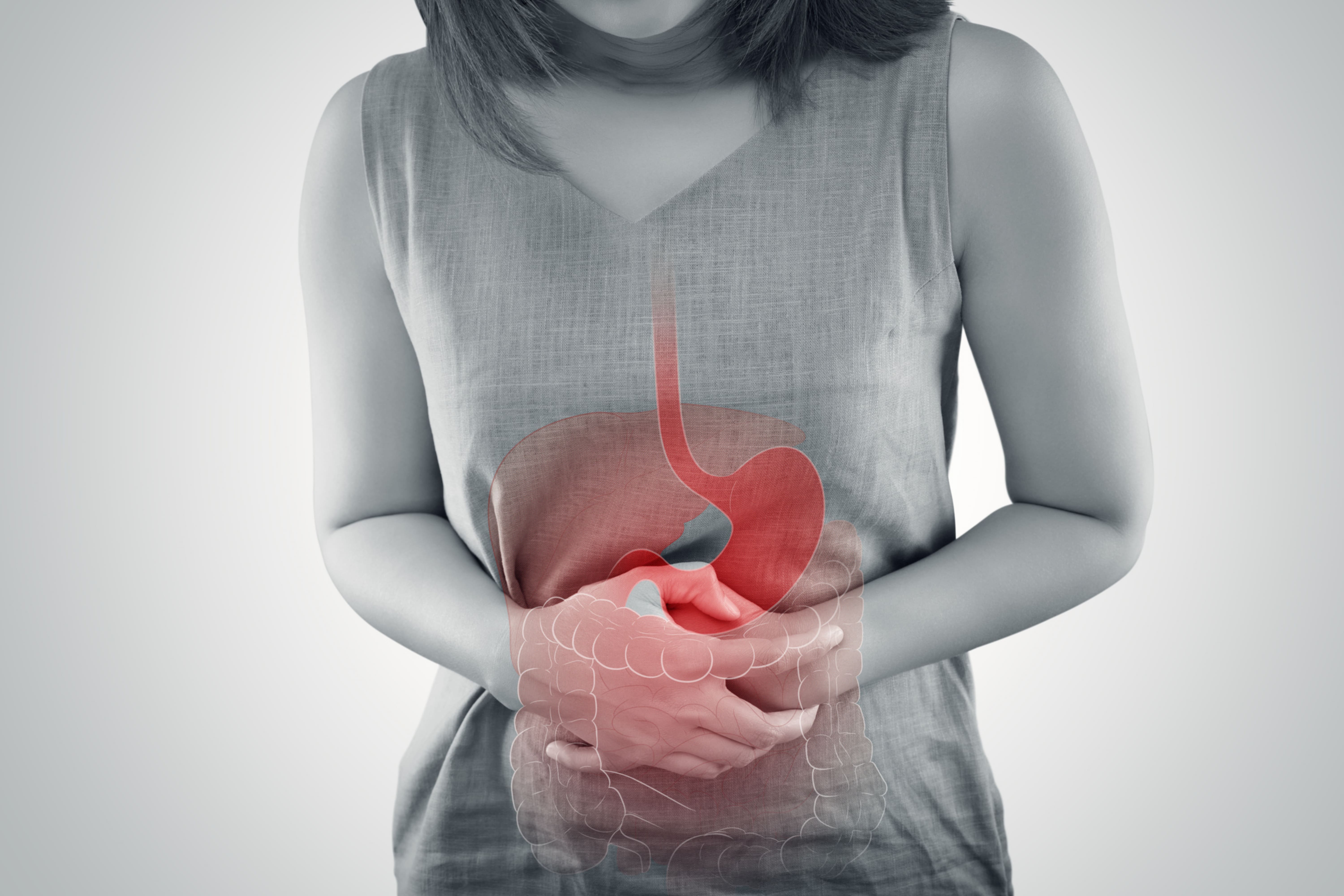
Food Poisoning Symptoms
Food poisoning symptoms can vary widely in severity, and they usually begin within hours of consuming the contaminated food. However, in some cases, symptoms may not appear for several days. Here are common symptoms of food poisoning:
- Abdominal cramps: Bacteria like Salmonella and Campylobacter release toxins that cause inflammation in the stomach and intestines, resulting in painful cramping.
- Nausea and vomiting: The body’s natural response to the invasion of harmful bacteria is to try and eliminate them, often resulting in feelings of nausea and episodes of vomiting.
- Diarrhea: This symptom occurs as the body tries to rid itself of the toxins produced by the bacteria. Diarrhea can lead to dehydration if not managed properly.
- Fever: A fever is a clear sign that your body is fighting off an infection. With food poisoning, a fever typically isn’t very high, but it can rise if the infection is severe.
- Headache and muscle aches: These are general symptoms of the body under stress from fighting off an infection.
- Loss of appetite: When you’re dealing with food poisoning, the last thing you want to do is eat. This is a natural response to the illness.
If these symptoms are mild, they usually last about a day or two. However, severe or persistent symptoms may indicate a more serious issue and require medical attention.
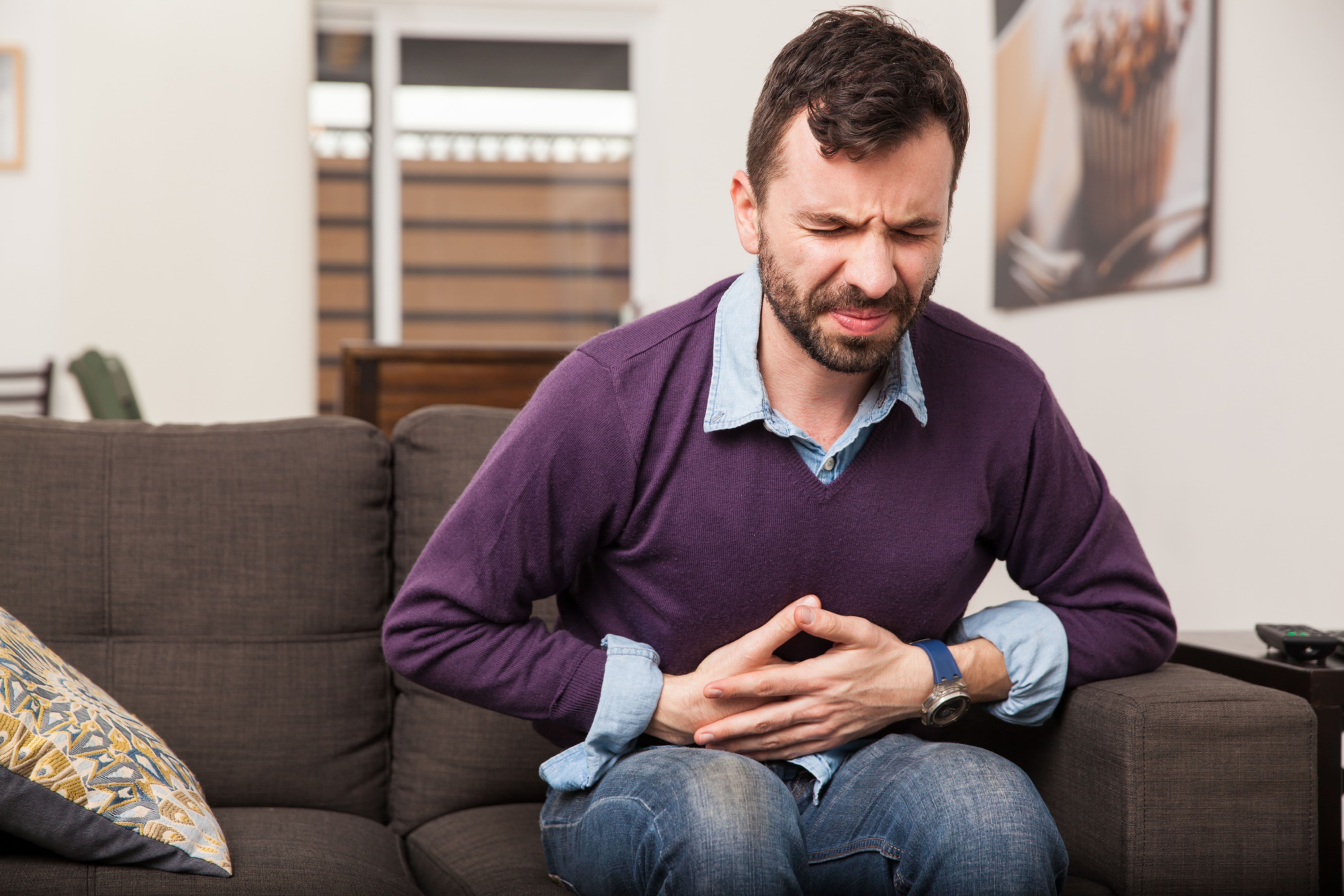
What to Do If You Have Food Poisoning Symptoms?
If you’ve consumed spoiled chicken and started to notice these symptoms, it’s essential to take appropriate steps to manage your condition and prevent it from worsening. Here’s what you should do:
- Stay Hydrated: Dehydration is a common risk with food poisoning due to vomiting and diarrhea. Drink plenty of fluids like water, diluted fruit juice, or rehydration solutions. Avoid caffeine and alcohol, as they can dehydrate you further.
- Rest: Your body needs energy to fight off the infection. Get plenty of sleep and take it easy until you start to feel better.
- Gradually reintroduce food: Start with bland, easy-to-digest foods like rice, bananas, or toast. As your symptoms improve, you can gradually reintroduce other foods into your diet.
- Avoid Certain Foods: Dairy products, fatty foods, spicy foods, and foods high in fiber can make symptoms worse. Stick to bland foods until you’re feeling better.
If your symptoms are severe, persist for more than three days, or you’re at risk of complications due to a weakened immune system or being elderly or pregnant, seek medical help immediately.
Concluding Remarks
So, how long is chicken good after its sell-by date? The answer: it depends. It depends on factors like the type of chicken, storage conditions, and, most importantly, the chicken’s quality observed through smell, texture, and color.
With this guide, you’re equipped with the knowledge to make smart, safe decisions about consuming chicken past its sell-by date. Remember, the sell-by date is a guideline for retailers, not a hard rule for consumers.
Following proper storage and handling practices is ultimately the best way to ensure the safety and quality of your chicken. Food safety is everyone’s responsibility, and understanding these concepts can help reduce waste and keep us all safer and healthier.
Stay curious, continue learning, and never hesitate to question the status quo. You’re the ultimate judge of your food’s freshness. Bon appétit!
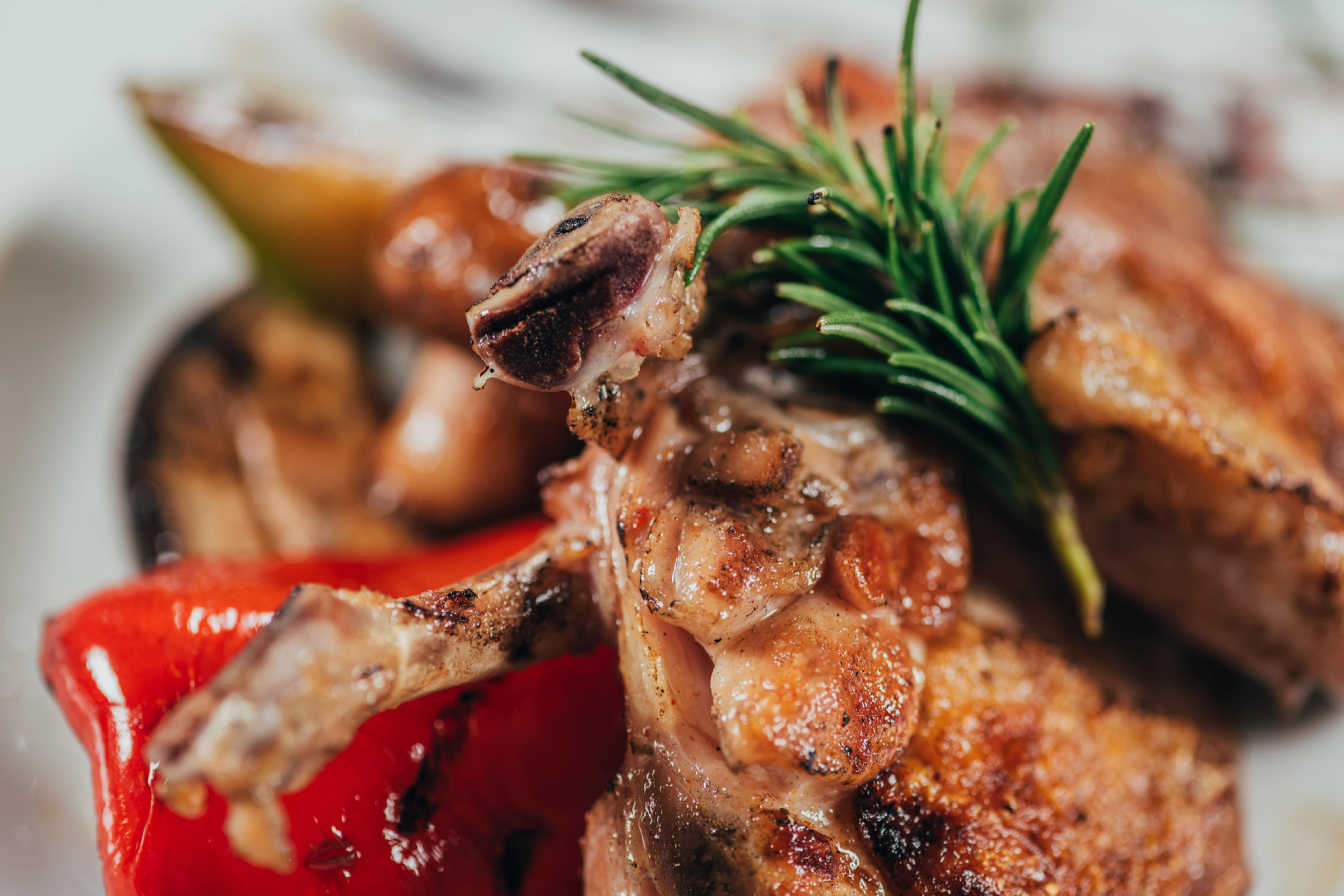
[wp-faq-schema title=”Frequently Asked Questions”]
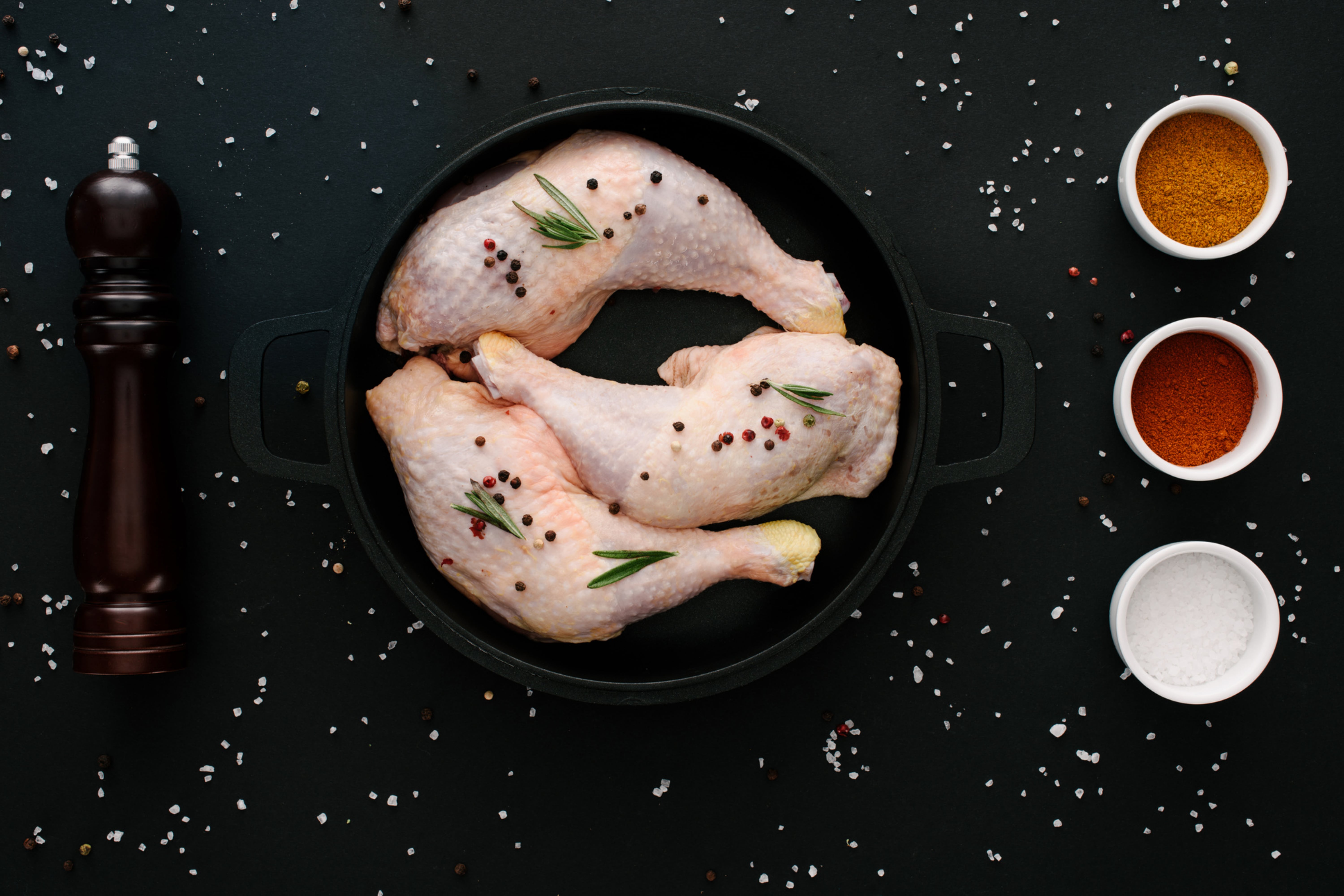
What if the chicken smells a bit off, but it’s still within the sell-by date?
If the chicken smells off, it’s better not to risk it. Smell is one of the most reliable indicators of spoilage. Even if it’s within the sell-by date, bacteria can grow due to improper storage conditions.
I froze my chicken on the sell-by date, but I forgot to label it. How will I know when it’s no longer good?
If you’ve frozen your chicken at peak freshness, it can maintain its quality for up to 9 months for whole pieces or 3-4 months for ground chicken. If it has been stored longer, while it might still be safe to eat, the quality could be compromised.
Can I use my senses to determine if cooked chicken has spoiled?
Absolutely, the same indicators – smell, color, and texture, can be used to determine if cooked chicken is spoiled. For instance, cooked chicken that has a sour smell, a dull or off-color, or a slimy texture should not be eaten.
How long can I keep cooked chicken in the fridge?
Cooked chicken can be safely stored in the refrigerator for 3-4 days. After that, it’s better to freeze it to maintain its quality and safety.
I left my raw chicken out on the counter for a few hours. Is it still safe?
Chicken shouldn’t be left out at room temperature for more than 2 hours. Bacteria can grow rapidly at room temperature, increasing the risk of foodborne illness.
Does marinating chicken extend its shelf life?
No, marinating doesn’t extend the shelf life of chicken. The marinade can mask the signs of spoilage, so it’s essential to use fresh chicken when marinating and cook it within 1-2 days.
Can I refreeze chicken that has been defrosted?
It’s usually not a good idea to refreeze thawed chicken due to potential quality loss. However, if the chicken was defrosted in the refrigerator and has not been left at room temperature, it’s generally safe to refreeze.
Can I defrost chicken in the microwave?
Yes, you can defrost chicken in the microwave using the defrost setting, but make sure to cook it immediately after to prevent bacteria growth.